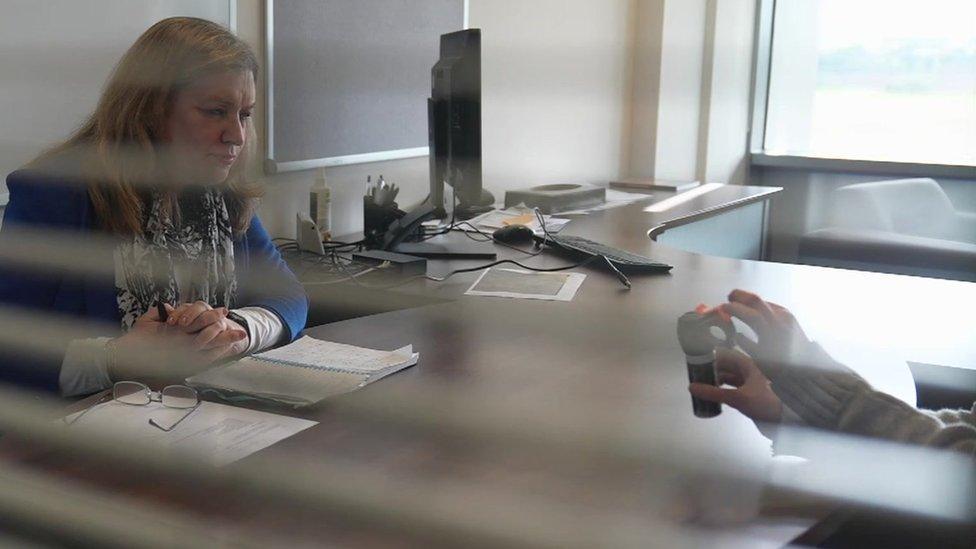York: Charity running sessions for domestic abusers
- Published
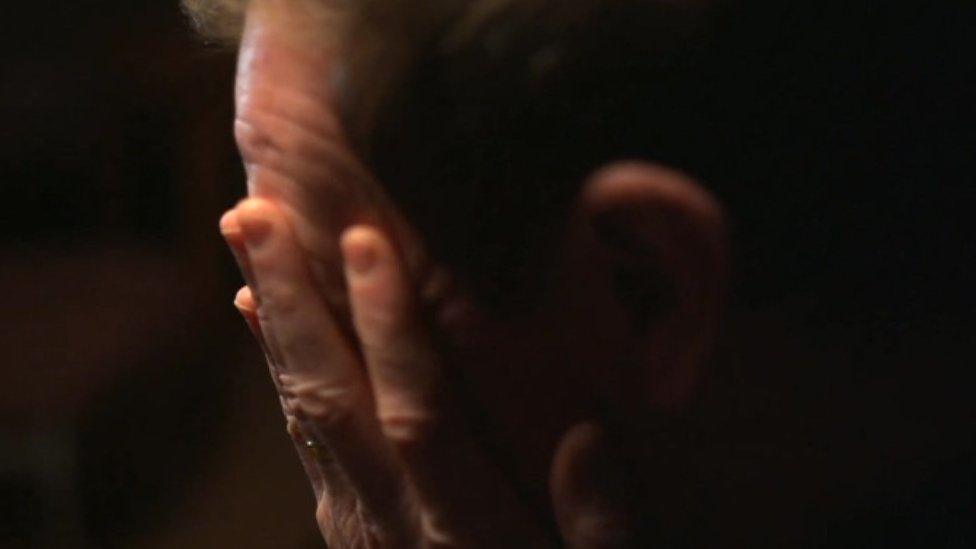
David, played here by an actor, said his behaviour had been unacceptable
An abusive husband thrown out of home over his behaviour towards his family has praised a programme which helped him address his actions.
David - not his real name - said he was often "unnecessarily cross" leaving his family "treading on eggshells" before he began attending sessions run by Foundation UK in York.
He shared his story as the charity warned of a possible spike in reports of domestic abuse during the World Cup.
He said the sessions had a big impact.
Speaking to the BBC anonymously to protect him and his family, David said after attending the sessions he felt sad about "what I put my family through and I feel uncomfortable when I see how I made my wife feel".
He said: "I would get frustrated if things weren't happening in the way I wanted them to.
"[I would] get verbally aggressive and then, at times, if [my wife] was out past the time that was expected, I would message her [and] wouldn't go to sleep until she came back.
"I guess it was checking up on her in a slightly unhealthy way.
"The last thing I ever wanted to do was be controlling or coercive - but I fell into it out of, I guess, an element of insecurity," he told BBC Look North.
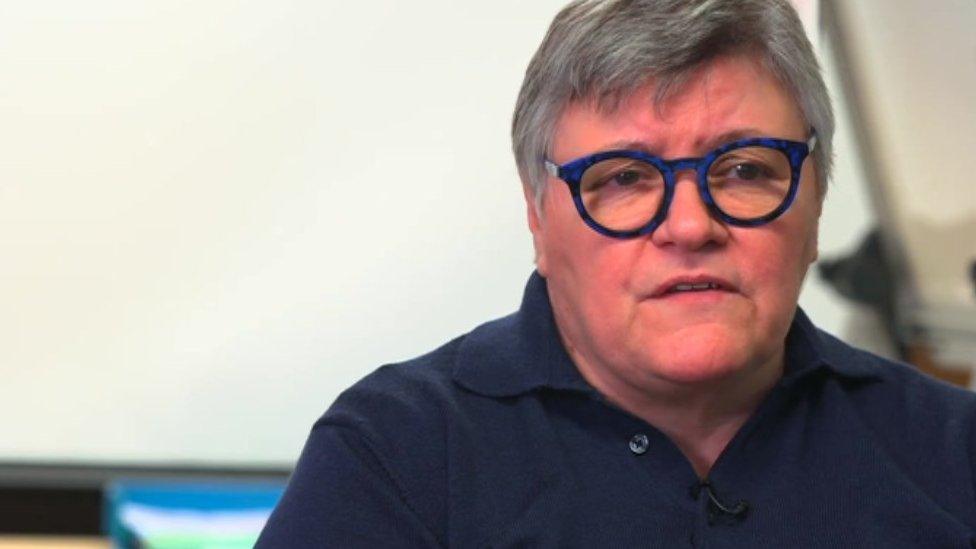
Sinead Cregan said the Positive Choices programme helped perpetrators to see they had a choice
The Positive Choices programme started in 2019 and has helped just under 700 people to date.
As England launched their World Cup bid on Monday, Sinead Cregan, director of development and innovation at Foundation UK, said reports of domestic abuse tended to increase during football tournaments.
"During the previous World Cup incidents of domestic abuse rose by 38%, and that was just the fact that England were playing - it wasn't related to whether they lost or won," she said.
"Statistics show incidents also increased the day after a game."
She said talking to the perpetrators helped them to see they had a choice.
David said the programme made him think "what does this look and feel like to someone else?".
"Do they feel threatened by my behaviour? - if so, that's certainly not ok," he added.

Follow BBC Yorkshire on Facebook, external, Twitter, external and Instagram, external. Send your story ideas to yorkslincs.news@bbc.co.uk, external.
Related topics
- Published21 November 2022
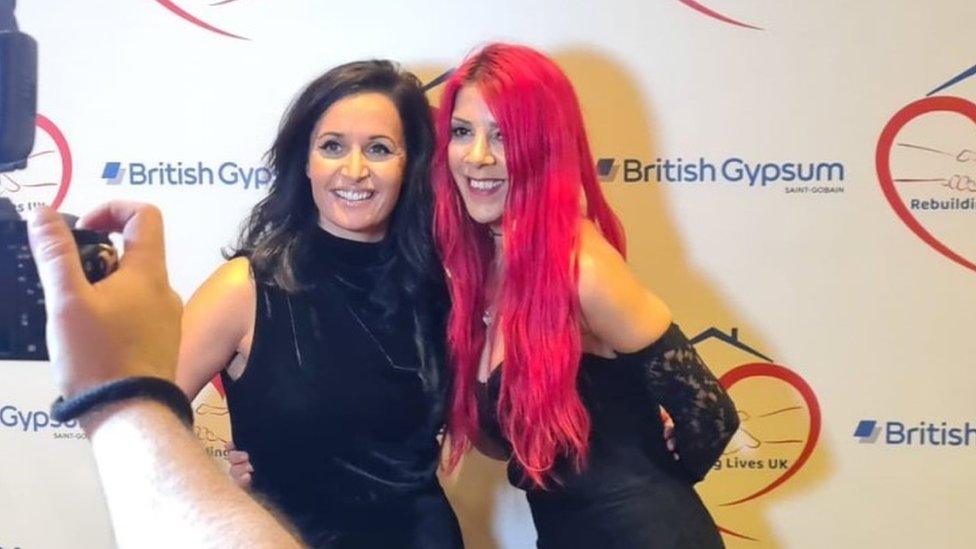
- Published17 November 2022
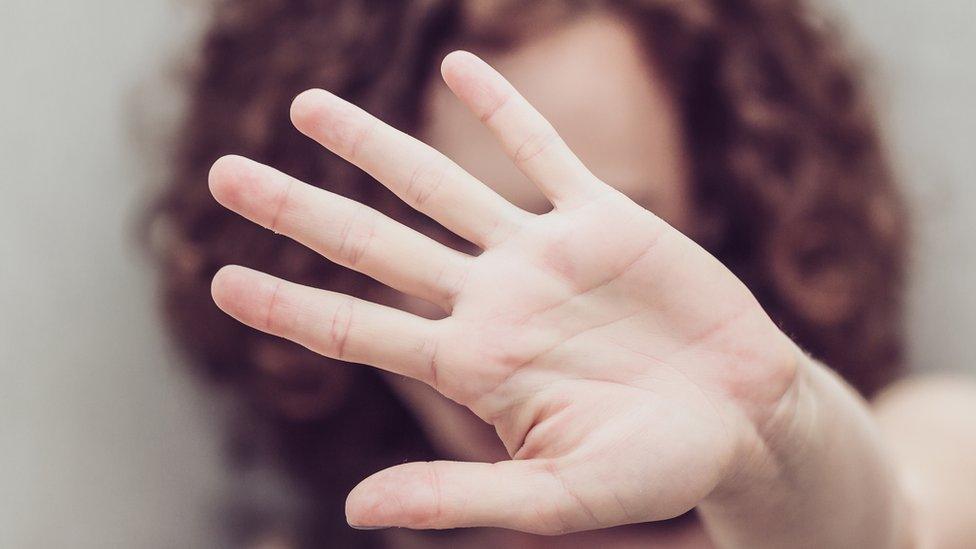
- Published8 September 2022
